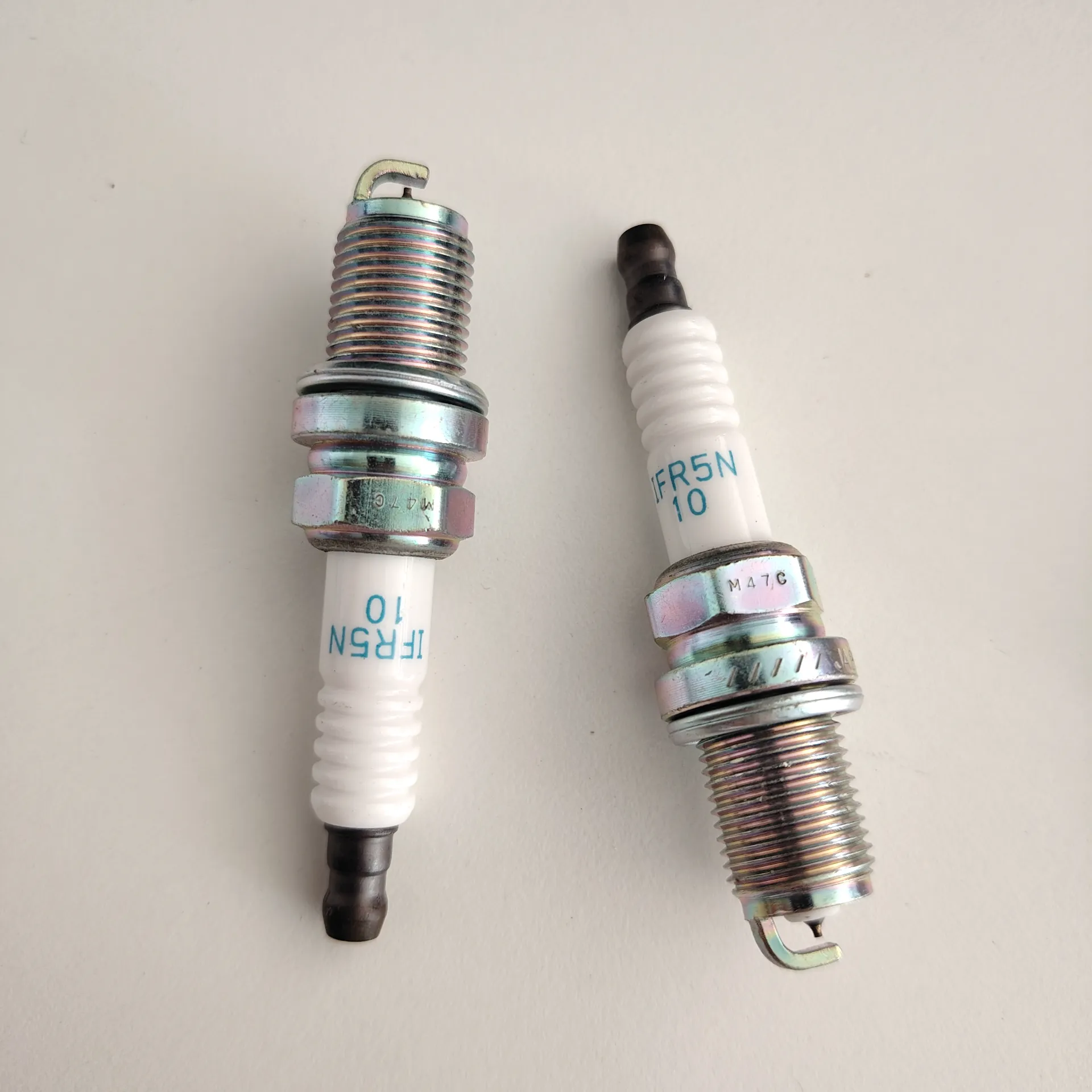12 月 . 06, 2024 04:38 Back to list
rubber gasket seal
The Importance of Rubber Gasket Seals in Industrial Applications
Rubber gasket seals play a critical role in a myriad of industrial applications, serving as essential components for ensuring leak-proof connections and maintaining system integrity. These seals are widely used across different sectors, including automotive, aerospace, manufacturing, and plumbing, thanks to their versatility and effectiveness in creating reliable barriers against fluids and gases.
What are Rubber Gasket Seals?
A gasket is typically a mechanical seal that fills the space between two or more mating surfaces. Its primary function is to prevent leakage of liquids or gases, thus providing a crucial barrier that maintains the efficiency and safety of various systems. Rubber gaskets are made from flexible elastomers, which allow them to compress effectively between surfaces. This compressibility is especially important because it accommodates irregularities in the surfaces they are sealing, ensuring a snug and secure fit.
Types of Rubber Gasket Seals
Rubber gaskets come in various types and materials, tailored to meet specific application requirements. Common types include
1. Neoprene Gaskets Known for their exceptional weather resistance and flexibility, neoprene gaskets are frequently used in outdoor applications. They are suitable for moderate temperatures and moderate exposure to oils and chemicals.
2. Silicone Gaskets With a high tolerance for extreme temperatures, silicone gaskets are ideal for applications involving heat or cold. They remain flexible throughout a wide temperature range, making them perfect for food processing and medical devices.
3. EPDM (Ethylene Propylene Diene Monomer) Gaskets EPDM gaskets are particularly well-suited for outdoor and automotive applications due to their resistance to ultraviolet radiation, ozone, and extreme weather conditions.
rubber gasket seal

Applications of Rubber Gasket Seals
The applications of rubber gasket seals are vast and varied. In the automotive industry, they are crucial for keeping engines sealed, preventing oil leaks, and ensuring that coolant systems function efficiently. In aerospace, rubber gaskets are essential for maintaining system integrity under varying pressure conditions.
In manufacturing, rubber gaskets are employed in machinery and equipment to prevent contamination from external elements. In plumbing, they are used to create leak-proof joints for pipes, faucets, and fixtures, ensuring that water systems operate efficiently without loss or waste.
Benefits of Using Rubber Gasket Seals
The advantages of using rubber gasket seals are manifold. These seals contribute significantly to system efficiency by preventing leaks that could lead to costly downtime or equipment failure. They also enhance safety by minimizing the risk of hazardous material leaks, thus protecting both personnel and the environment.
Rubber gasket seals are generally easy to install and maintain. They can be cut or molded to fit various shapes and sizes, providing flexibility in design and application. The availability of various materials means that engineers can select the right gasket for specific environmental conditions, ensuring the longevity and reliability of their systems.
Conclusion
In conclusion, rubber gasket seals are indispensable components in a wide array of industrial applications. Their ability to prevent leaks, withstand harsh environments, and accommodate design variations makes them a preferred choice for engineers and manufacturers alike. As industries continue to evolve and innovate, the role of rubber gasket seals will only become more critical in ensuring efficient and safe operations across sectors. Choosing the right type of rubber gasket seal can lead to significant improvements in performance and reliability, making them a worthy investment for any industrial application.